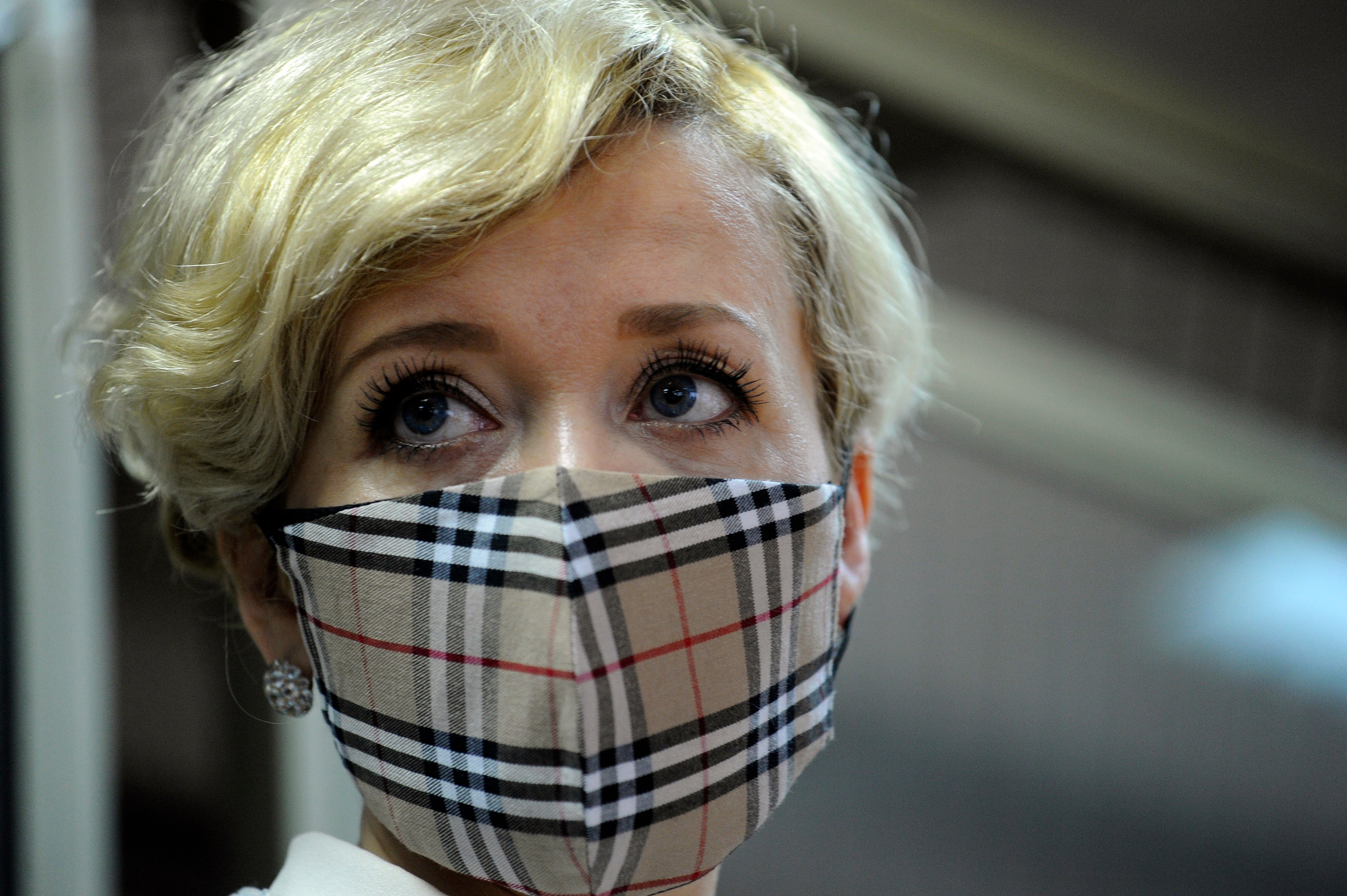Russian court sentences activist under law on 'undesirables'
A Russian court has handed a suspended sentence to an activist accused of membership of an “undesirable” organization, part of the authorities’ effort to tighten control over the nation’s political scene

A Russian court on Thursday handed a suspended sentence to an activist accused of membership of an “undesirable” organization, part of the authorities’ effort to tighten control over the nation's political scene.
Anastasia Shevchenko, 41, was accused of engaging in political activities under the aegis of Open Russia, a group funded by self-exiled Russian tycoon Mikhail Khodorkovsky Khodorkovsky moved to London after spending 10 years in prison in Russia on charges widely seen as political revenge for challenging Putin’s rule.
Prosecutors had asked the court in Rostov-on-Don in southern Russia to sentence Shevchenko to five years in prison, but the court handed her a four-year suspended term.
Shevchenko, a mother of two who has been under house arrest for two years, has denied the accusations as political punishment for her opposition views. When she was put under house arrest in January 2019, the authorities waited for several days before letting Shevchenko visit her elder daughter who was in critical condition at a hospital and died a day after she finally was allowed to see her.
Shevchenko’s case has attracted broad nationwide attention, marking the first attempt by authorities to prosecute under a 2015 law introducing criminal punishment for membership in “undesirable” organizations.
About 30 groups, including Open Russia, have been branded “undesirable” by the Russian government. The designation has been widely criticized as part of the Kremlin’s efforts to stifle dissent, but the Russian authorities have described it as a due response to the alleged Western efforts to undermine the country.
Bookmark popover
Removed from bookmarks